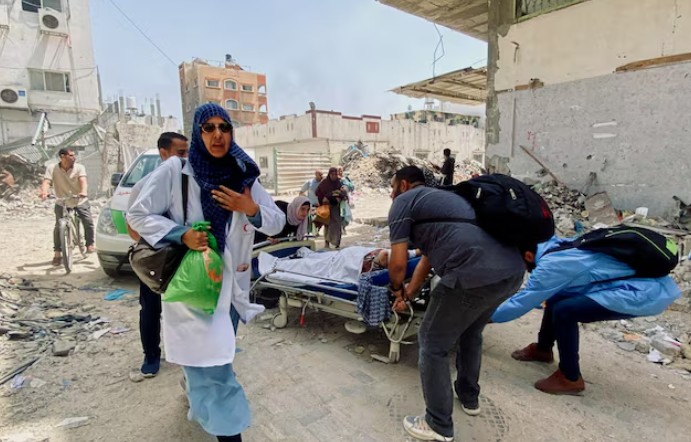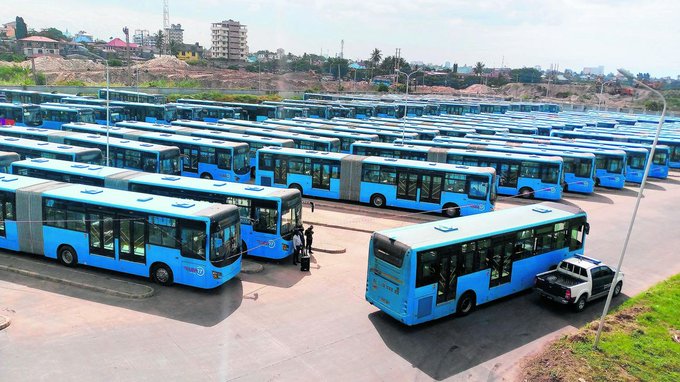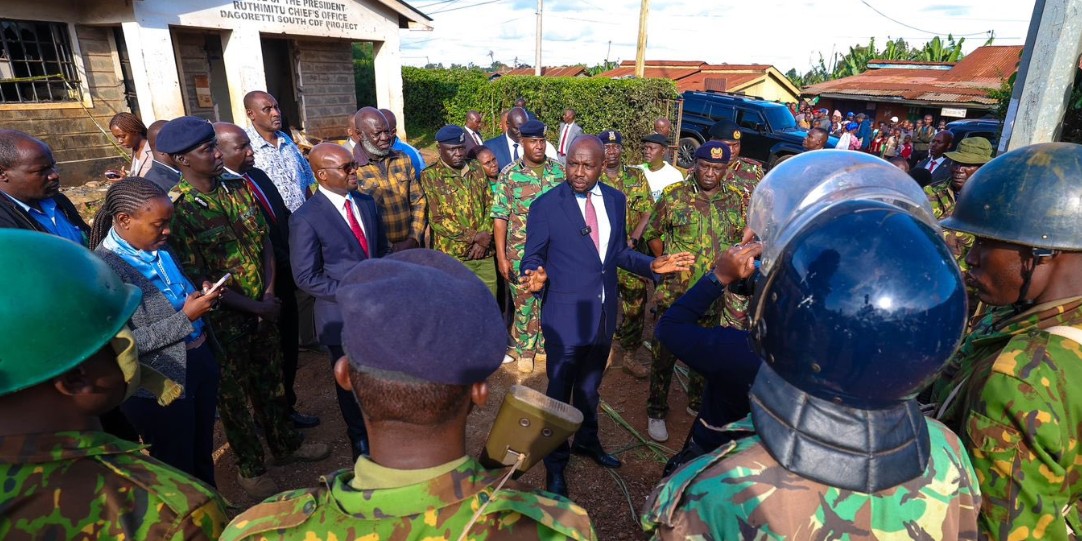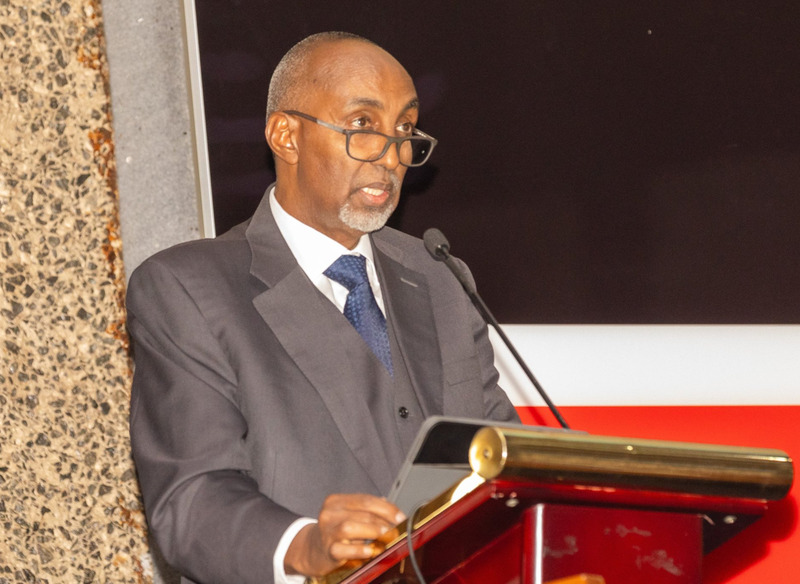Nairobi slum dwellers' daily struggles against diseases, poor sanitation
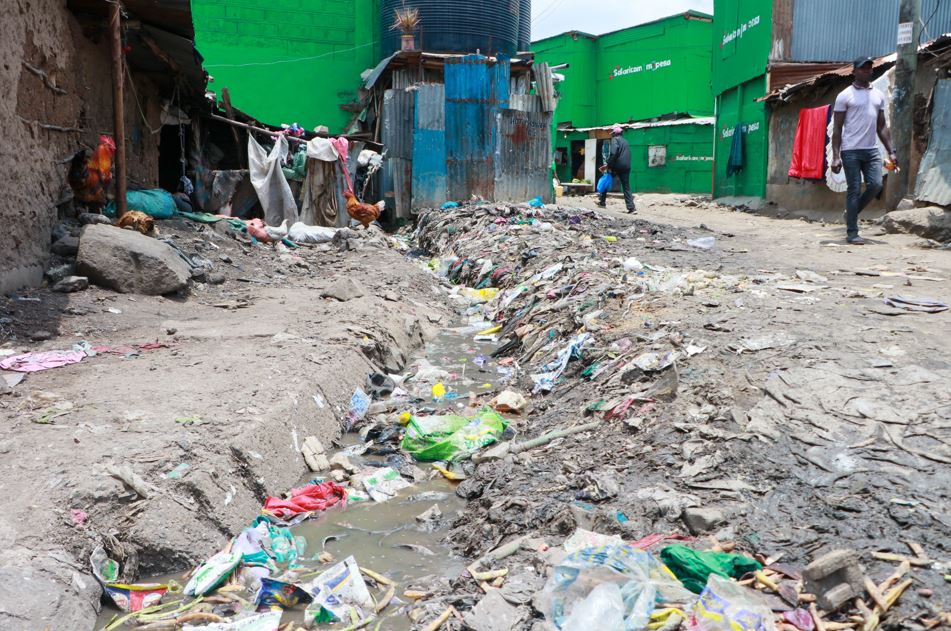
The constant cycle of illness and expense weighs heavily on the locals, underscoring the harsh realities of life in the slums where basic healthcare is a luxury.
Anne Mburu, a mother of two, has called the Majengo slums home for over six years.
She and her family have felt increasingly isolated from essential services that could improve their lives. This lack of support has left them grappling with health issues, persistent bouts of diarrhoea that strike her children seemingly without warning.
More To Read
- Somalia water crisis: Funding cuts leave 300,000 without safe water as cholera cases surge
- Pregnancy without check-ups: The hidden dangers facing women in Nairobi slums
- Your phone is covered in germs: Tech expert explains how to clean it without doing damage
- Why camel milk is gaining ground and why experts urge safer consumption
- Clean hands, safe bites: Why everyday food habits matter more than you think
- Women lead sanitation drive in Tana River to curb cholera ahead of floods
The Ministry of Health recently launched the Epuka Uchafu Afya Nyumbani Initiative, which aims to improve hygiene and sanitation as a preventive measure against disease. However, in neighbourhoods like Majengo and Mashimoni, the situation remains a challenge. Overflowing sewers and contaminated water make it almost impossible for families to maintain even the most fundamental health standards, leaving them vulnerable to illness.
Every day is a struggle for Anne as she fights to keep her kids healthy in an environment that feels hostile to their well-being. The sight of her children falling ill fills her with a deep sense of dread. Each time one of them suffers from diarrhoea, she rushes them to the hospital, heart racing with worry. Yet, as she navigates the chaotic streets of their neighbourhood, she can’t shake the overwhelming realization that their surroundings are far from safe or clean.
“There’s a sewer line right outside my house, and sometimes I catch my kids playing in that filthy water. It terrifies me. I do my best to clean the area, but it feels like an endless battle. The waste keeps pouring in, and when it rains, everything turns into a disgusting mess.”
With overflowing sewers and stagnant water a constant presence, Anne knows that the very place they call home poses serious health risks. The burden of her environment weighs heavily on her, a constant reminder of the obstacles they face daily.
The rainy season intensifies the challenges Anne faces. Floodwaters fill the streets with waste and debris, transforming her neighbourhood into a daunting and unsanitary environment. As a mother who works tirelessly to support her family, she often feels a deep sense of helplessness.
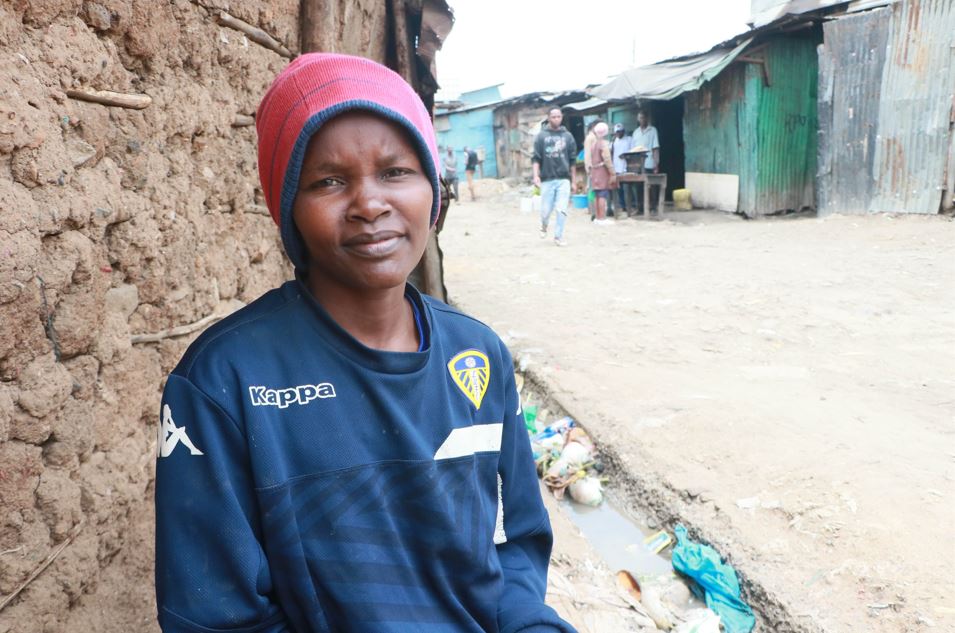 Ann Mburu a resident of Majengo, Pumwani Ward in Kamukunji sub-county during an interview on October 2, 2024. (Photo: Justine Ondieki)
Ann Mburu a resident of Majengo, Pumwani Ward in Kamukunji sub-county during an interview on October 2, 2024. (Photo: Justine Ondieki)
“We rarely see any benefits from clean-up efforts,” she explains. “Even when they happen, it’s just a temporary fix. The sewers are always bursting. We don’t have a proper bathroom, so we have to pay to use one. When diarrhoea strikes, the hospital bills can be overwhelming, especially since the local dispensary is often out of medicine. Sometimes, I’m left with no choice but to find other ways to deal with the waste.”
Anne reveals that in a typical month, she treats her children for diarrhoea more than three times, each instance requiring her to buy medication from local chemists because the dispensary lacks supplies. The constant cycle of illness and expense weighs heavily on her, underscoring the harsh realities of life in the slums where basic healthcare is a luxury.
Lack of designated disposal areas
Janis Karugi, a mother of five living in Digo Majengo, laments the constant agony her family endures despite their cleanup efforts yielding little result. The lack of designated disposal areas and a clean environment only exacerbates their struggles.
“There’s no cleanliness here; we’ve never seen anyone come to clean up these areas my children are always getting diarrhoea because they can’t wash their hands. We don’t have clean water, and the filth affects even the adults, who also suffer from diseases like diarrhoea.”
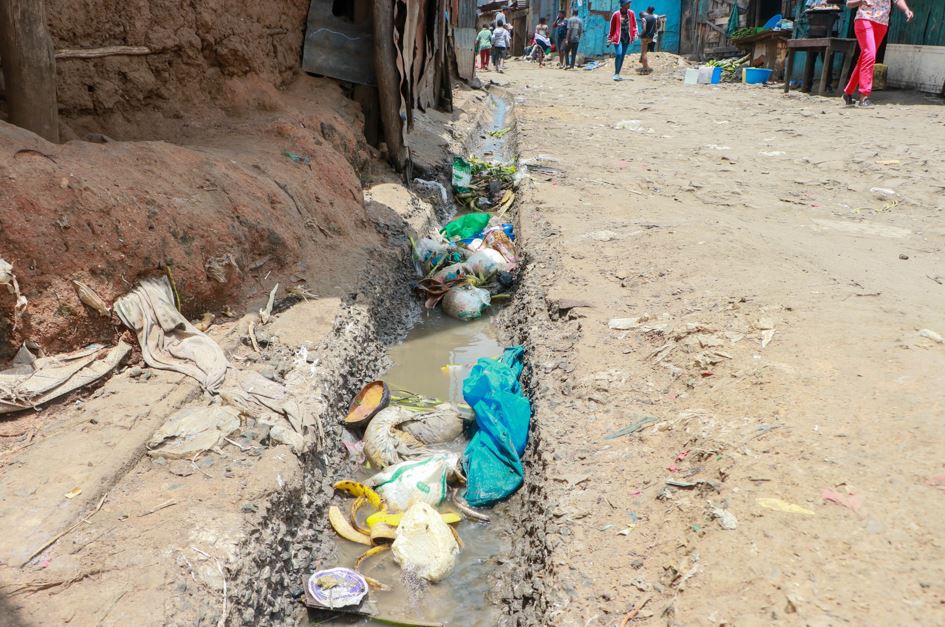 A blocked sewer line filled with garbage at Majengo in Puwani Ward, Kamukunji sub-county, Nairobi on October 2 2024. (Photo: Justine Ondieki)
A blocked sewer line filled with garbage at Majengo in Puwani Ward, Kamukunji sub-county, Nairobi on October 2 2024. (Photo: Justine Ondieki)
Janis appeals to the government, urging them to hear the voices of those living in the slums. “If they could designate proper waste disposal areas, it would make a huge difference for us.”
Musa Abdulla, a resident of Kinyago, observes that most of the waste in their community ends up in the Nairobi River. With no alternative disposal options available, residents are left to choose between throwing it in the trenches or the sewer line, often contaminating their surroundings.
“Many people believe slums are unsafe, which is why we rarely benefit from clean-up efforts,” he explains. “Even when these initiatives happen, they tend to focus on areas next to the road, leaving us without the services we desperately need.”
Musa highlights the ongoing issue of open sewers, a problem they’ve faced for years without any clear solutions. “We need permanent solutions to address the filth in the slums. We deserve the same quality of services as everyone else, but that rarely reaches us. Most of the water is contaminated, and the stagnant pools become breeding grounds for mosquitoes, putting our families at constant risk of disease.”
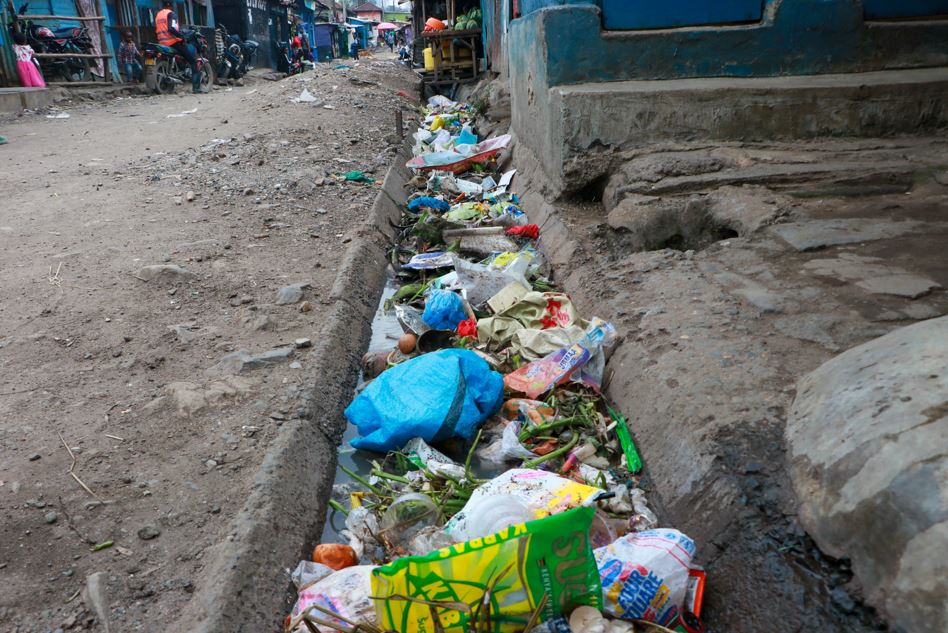 A blocked sewer line filled with garbage at Majengo in Puwani Ward, Kamukunji sub-county, Nairobi on October 2 2024. (Photo: Justine Ondieki)
A blocked sewer line filled with garbage at Majengo in Puwani Ward, Kamukunji sub-county, Nairobi on October 2 2024. (Photo: Justine Ondieki)
Health Principal Secretary Mary Muthoni, launched the “Epuka Uchafu Afya Nyumbani” initiative a vital step in Kenya's battle against public health challenges. This initiative aims to promote disease prevention through enhanced personal hygiene, environmental cleanliness, and proper water and sanitation practices.
The PS noted that with Kenya generating around 22,000 tonnes of waste daily—only 10 per cent of which is managed properly—and 7.3 per cent of households lacking basic sanitation facilities, the initiative focuses on empowering communities to develop sustainable, locally-driven solutions for waste management.
Muthoni highlighted the importance of community engagement, stating, “This initiative is about more than just waste management; it’s about ensuring a healthier, safer future for all Kenyans by empowering communities to take charge of their environment and well-being.”
However, while the ministry emphasizes prevention, residents in the slums often feel left behind, facing dire sanitation conditions that seem insurmountable. For many, poor sanitation remains a daily reality, underscoring the urgent need for targeted interventions to improve their living conditions.
Top Stories Today





